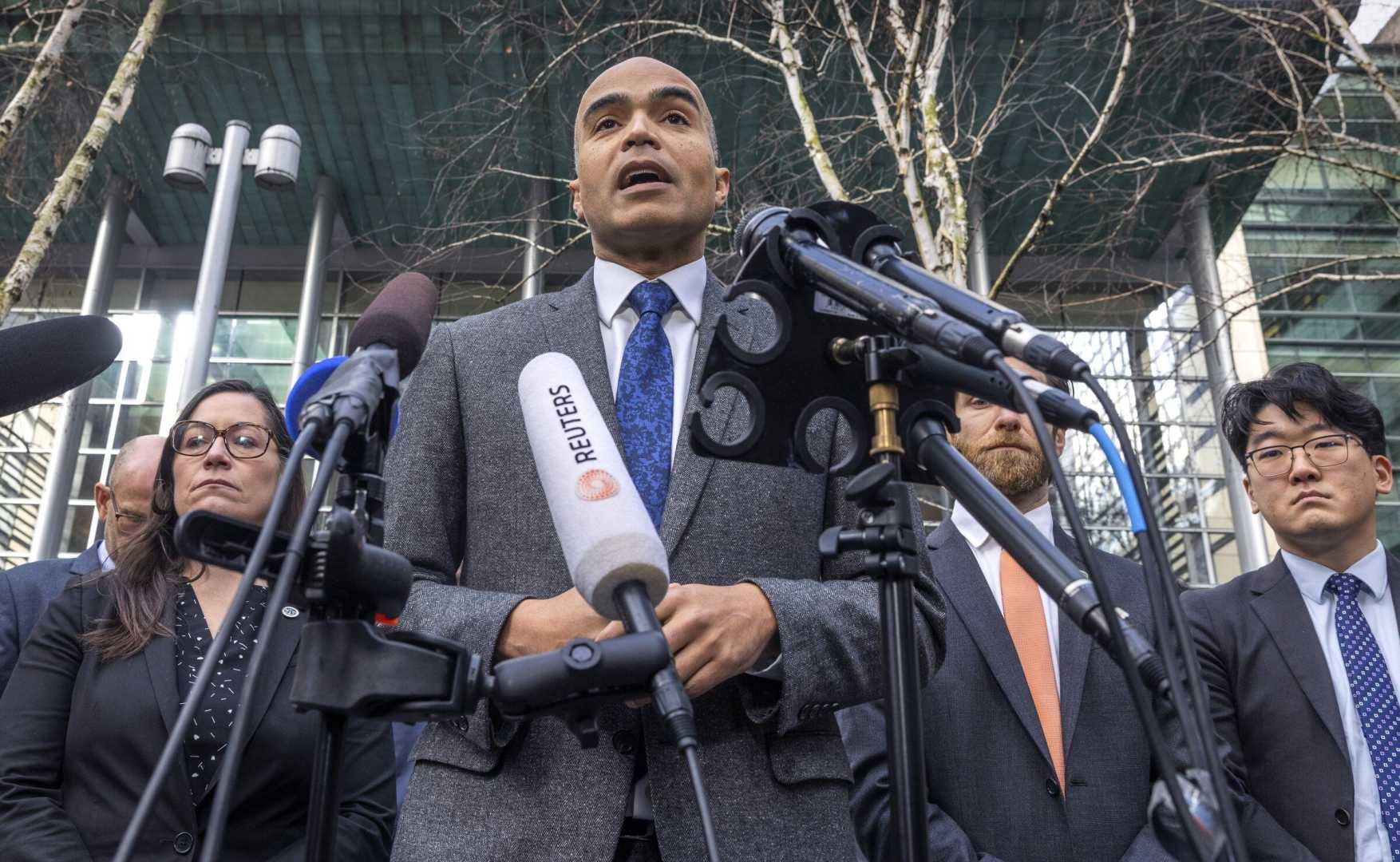Politics
Supreme Court to Hear Arguments on Birthright Citizenship Case

Washington, D.C. — On May 15, the U.S. Supreme Court will hear oral arguments regarding President Donald Trump’s executive order to end birthright citizenship. This order, which guarantees citizenship to nearly everyone born in the United States, faces legal challenges from various groups and states. The court’s decision may significantly impact immigration law in the country.
At the heart of the legal dispute is whether lower-court judges can issue universal injunctions that block the enforcement of such orders nationwide. The Trump administration argues that these injunctions are unconstitutional and claims they have hindered the government’s ability to implement their policies.
The Supreme Court usually hears oral arguments after a formal petition is filed, but in this case, the Trump administration filed emergency applications to limit the scope of injunctions handed down in federal courts in Maryland, Massachusetts, and Washington. These cases, consolidated under Trump v. CASA, will be presented as one argument.
The executive order was signed by Trump on January 20 and was intended to limit citizenship to children born in the U.S. to parents illegally residing in the country. Legal experts believe this policy contradicts the 14th Amendment‘s birthright citizenship clause, which has granted citizenship to all people born in the U.S.
In recent months, several federal judges have blocked the enforcement of Trump’s order, calling it unconstitutional. U.S. District Judge John Coughenour in Seattle prohibited its implementation, while Judges Deborah Boardman in Maryland and Leo Sorokin in Massachusetts issued similar rulings. Appeals have been made regarding these rulings which will be discussed in the oral arguments.
The challenges to the executive order cite that it violates established precedents regarding citizenship and argue that the resultant wave of litigation from such orders has made enforcement chaotic. The court’s decision could redefine the scope and limits of executive power.
During the upcoming arguments, U.S. Solicitor General D. John Sauer will represent the Trump administration. He is expected to argue against the validity of universal injunctions while groups opposing the executive order will present counterarguments showcasing how the injunctions preserve long-established rights.
Oral arguments will begin at 9:30 a.m. EDT, followed by live coverage and expert commentary throughout the day, as the legal community closely watches the developments that could alter the landscape of immigration law.












